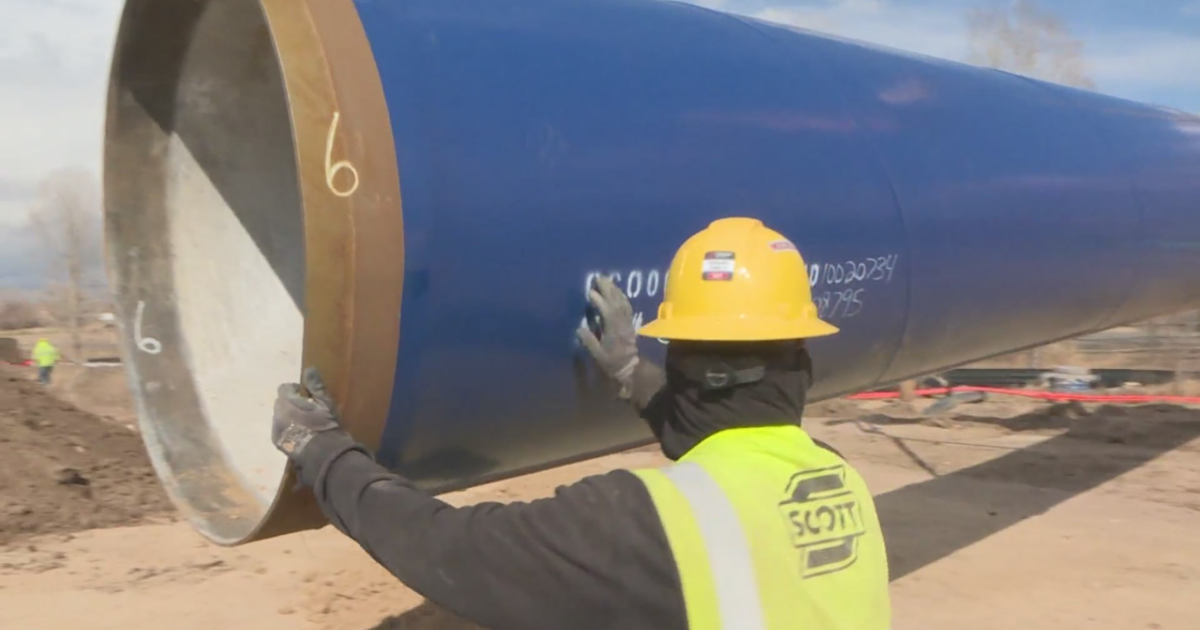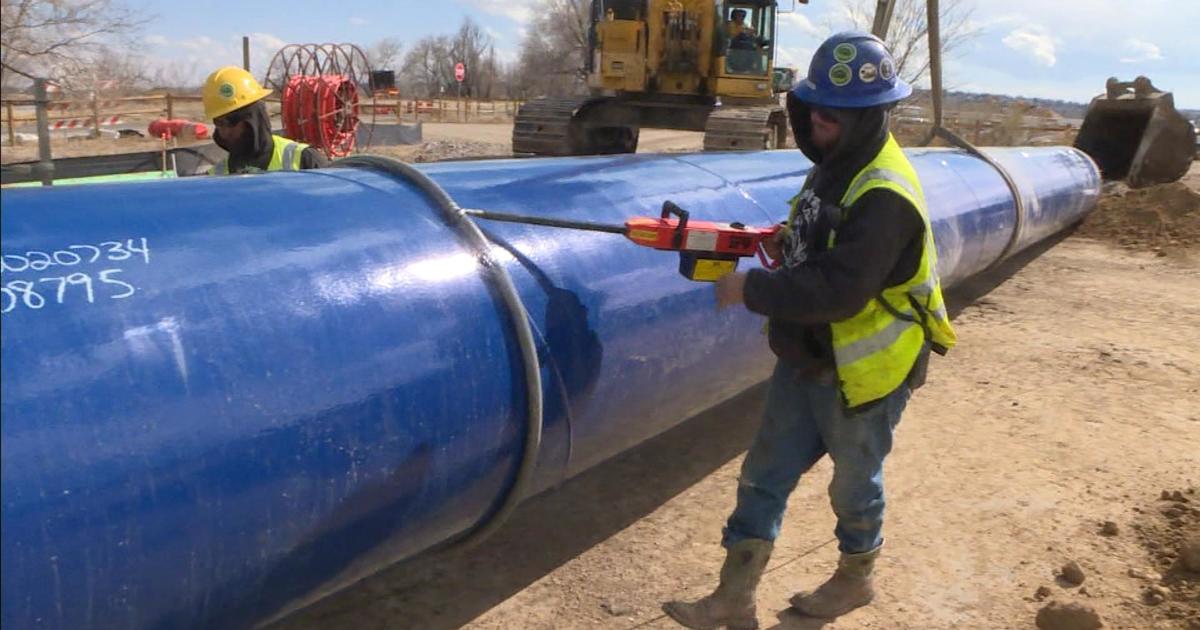Proposed Rule Change Could Allow More Pollution In Colorado Rivers And Streams
DENVER (CBS4) - A proposal by the Colorado Water Quality Control Commission, up for debate this week, could allow industries to discharge more pollution into Colorado's rivers and streams, specifically urban waterways that have already been heavily polluted. The measure, which would roll back the state's anti-degradation rule, has been met with fierce opposition from local, state, and federal officials, as well as several conservation groups.
The commission will vote on the issue Friday, June 18, at 1 p.m.
Colorado Parks and Wildlife and the Environmental Protection Agency testified against the proposal during a 10-hour hearing on Monday. CPW declined to comment until the commission has voted on the issue.
Adams County commissioners and a Commerce City councilperson spoke against the measure on Monday, as well, saying the rule change is an environmental justice issue that could jeopardize urban rivers like the South Platte. Click here to read Commerce City's letter to the commission about the issue.
"Why should the kids, families in these urban communities deserve any fewer protections for their water that the rest of the state should enjoy?" said Adams County Commissioner Steve O'Dorisio, who testified Monday. "Why should they lower the bar for protections along these rivers?"
Overall, nearly 60 people spoke against the proposal during Monday's hearing in the public comment hearing, citing concerns with potential impacts on urban communities of color.
Mely Whiting with the conservation group Trout Unlimited also spoke at Monday's hearing.
She says the proposal stems from a decision last year regarding a stretch of the South Platte River. The river had improved in quality so much, that it qualified for stronger anti-degradation standards, but she says the commission decided not to allow it.
"The Commission decided that they were not going to allow that to happen, saying 'we're going to keep it under that designation that doesn't allow anti-degradation review,' and the rules in place at the time, which is the rule they're trying to change now, didn't allow them to do that," Whiting said. "They did it anyway."
So, Whiting says the commission is now looking to roll back policies that would make last year's decision feasible. She said the reason for last year's decision was also controversial.
"When you listen to the audio from that hearing, you have conversations deliberations of the commission talking about how this anti-degradation protection really should apply only to clear mountain streams and not to urban areas and I think that when that message was conveyed to the public to the various communities that are impacted, including Commerce City and Adams County... I think that there was a lot of outrage," Whiting said.
Whiting says rule changes like these are often hard for conservation groups to keep up with.
"It's not like this commission doesn't believe in environmental justice, it's just one of those where it's just a problem with the process, the only people that can afford to follow everything they're doing are dischargers, they're industry people that can pay lawyers and consultants to do that, the conservation community doesn't have the resources to follow all that," Whiting said. "I think they make decisions without having a voice there that is telling them, 'whoa, wait a minute, take a break, this is what it means, what you're doing, means this.'"
Some local municipalities and private companies, including Suncor and Molson Coors, testified in favor of the rule changes. An attorney representing those entities declined to comment.
CBS4 also reached out to the Water Quality Control Commission for a comment, but the commission says it cannot comment until a decision is reached.
The Governor Polis' office issued the following statement about thee proposal:
"The Water Quality Control Commission is an independent Type 1 board, and they are the best to speak to their processes and decision making. We are aware that in response to early input, and after additional stakeholder engagement, the Water Quality Control Division continued to develop revised proposals that the commission is currently deliberating. It is important to point out that the division worked with CPW and the EPA to address early concerns and developed proposed options that both entities now do not oppose."
O'Dorisio hopes the commission will vote against the proposal on Friday and will consider reversing last year's decision.
"Any changes that lowers the bar on protecting water quality, ask themselves, how would they feel if that was being done in their community?" O'Dorisio said. "Or, would they feel comfortable with their kids playing in the water?"






